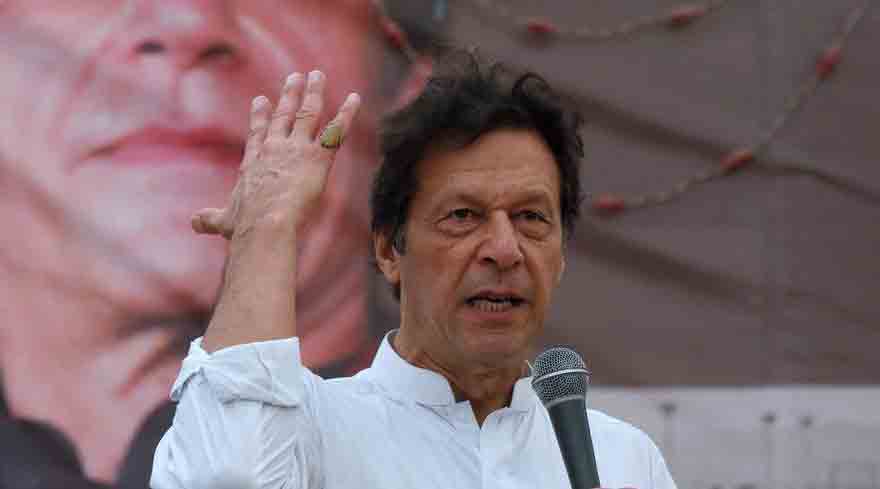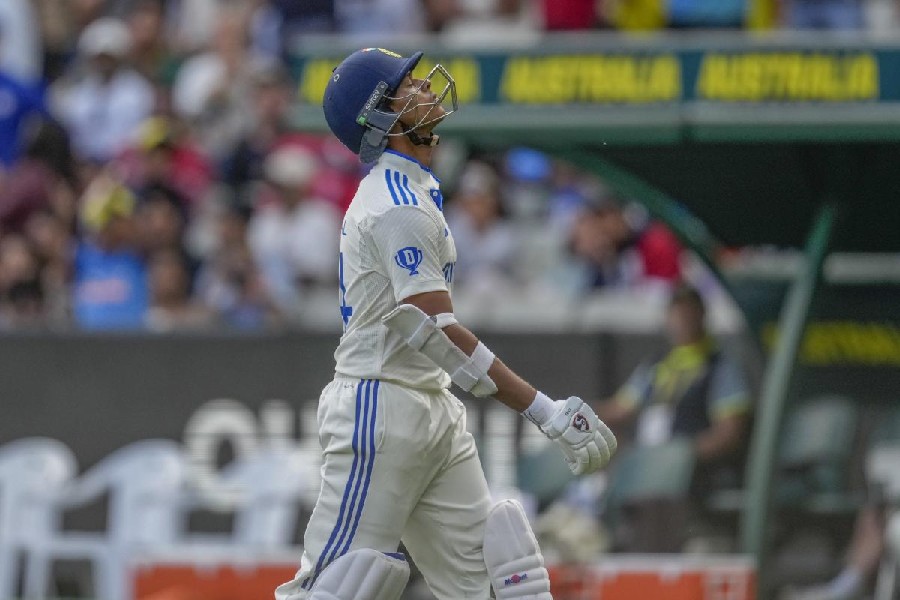A defiant Imran Khan said on Friday that he will not accept any "imported government" in Pakistan as he expressed disappointment over the Supreme Court's verdict on the National Assembly deputy speaker's controversial decision on the rejection of no-trust motion against him.
In a live-address to the nation ahead of the no-trust motion on Saturday, 69-year-old Khan asked his supporters to join him on the street on Sunday evening.
"I respect the Supreme Court and the judiciary, but the apex court should have looked at a threat letter before issuing its verdict, Khan said in his address perhaps last to the nation as the prime minister of the country. Khan, who has effectively lost the majority in the 342-member house, repeated his allegations that a US diplomat threatened regime change in Pakistan.
In his address, he praised India and said that "no superpower can dictate terms to it as it's a sovereign nation, adds ndtv.com.
"None of them has the guts to speak to India like that," he said,
Taking a swipe at external forces trying to oust his government, he said, "We are 22 crore people. It is insulting that someone from outside is ordering this to 22 crore people."
On the SC verdict, he added, "I respect the Supreme Court and the judiciary, but it should have looked at a threat letter before issuing its verdict."
In a landmark 5-0 verdict, a five-member bench headed by Chief Justice Umar Ata Bandial on Thursday unanimously struck down the deputy speaker's ruling on the rejection of the no-confidence motion against Khan and ordered restoration of the National Assembly, saying the prime minister's move to dissolve Parliament and call early elections was "unconstitutional".
The court also ordered the speaker of the lower house to call the session of the national assembly on April 9 at 10 am (local time) to organise a no-confidence vote. It ordered the election of the new prime minister if the no-confidence motion succeeded.
The opposition parties need 172 members in the 342-member house to orchestrate the downfall of Prime Minister Khan and already they showed the support of more than the needed strength. Now Khan faces the possibility of being the first prime minister in Pakistan's history to be voted out in a no-confidence motion.
The cricketer-turned politician came to power in 2018 with promises to create a Naya Pakistan' but miserably failed to address the basic problem of keeping the prices of commodities in control. The current term of the National Assembly was to end in August, 2023. No Pakistani prime minister has ever completed a full five-year term in office











